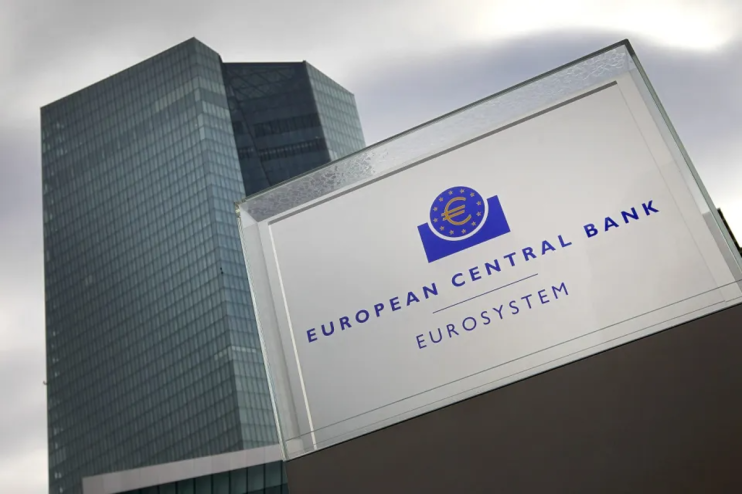Wednesday, October 30, 2024 10:54 a.m.

The euro zone grew twice as fast as economists expected in the third quarter, new figures showed, as Germany managed to avoid recession.
Eurozone growth accelerated to 0.4% in the July-September period from 0.2% in the second quarter, according to new “flash” figures released by Eurostat.
The figures show that the French economy recovered during this period due to the impact of the Olympics, while Germany, the region's largest economy, posted a better-than-expected quarterly growth rate of 0.2%.
Most economists had expected the economy to contract by 0.2%, but the report found domestic demand grew faster than expected.
However, revisions to earlier statistics mean Germany's economy shrank by 0.3% last quarter instead of 0.1%, meaning it started from a lower base.
Carsten Brzeski, head of global macro at ING, said Germany's economy was “barely wider than it was at the beginning of the pandemic.”
Spain remained the eurozone's strongest performing major economy, posting quarterly growth of 0.8%, while Italy's growth stagnated.
What is behind the growth of the euro area?
Riccardo Marcelli Fabiani, senior economist at Oxford Economics, said the eurozone's overall recovery was “driven by consumption”, although “tight monetary policy” still held back investment.
The European Central Bank (ECB) has expressed concern about the eurozone's economic downturn this year.
At its previous meeting in October, the Bank cited “the recent unexpected decline in economic activity indicators'' as a reason to justify successive interest rate cuts.
With inflation hovering near its 2% target and economic activity subdued, markets were increasingly betting the ECB would support a 50 basis point interest rate cut in December. But analysts said surprisingly strong growth made deep cuts less likely.
“There is little evidence in the GDP data to support an acceleration of the ECB's easing cycle,” said Melanie de Bono, senior European economist at Pantheon Macroeconomics.
Similarly, Kyle Chapman, currency market analyst at Ballinger Group, said the data “will go a long way in allaying the ECB's concerns about stagnant activity.”
Looking ahead, there are mixed signals about the euro area's expected performance in the final quarter.
Although October's Purchasing Managers Index (PMI) showed some signs of improvement, a separate survey of business conditions released this morning along with the GDP data worsened.
The EU Business Sentiment Index (ESI) fell by 0.7 points to 96.0, the lowest level since February.

